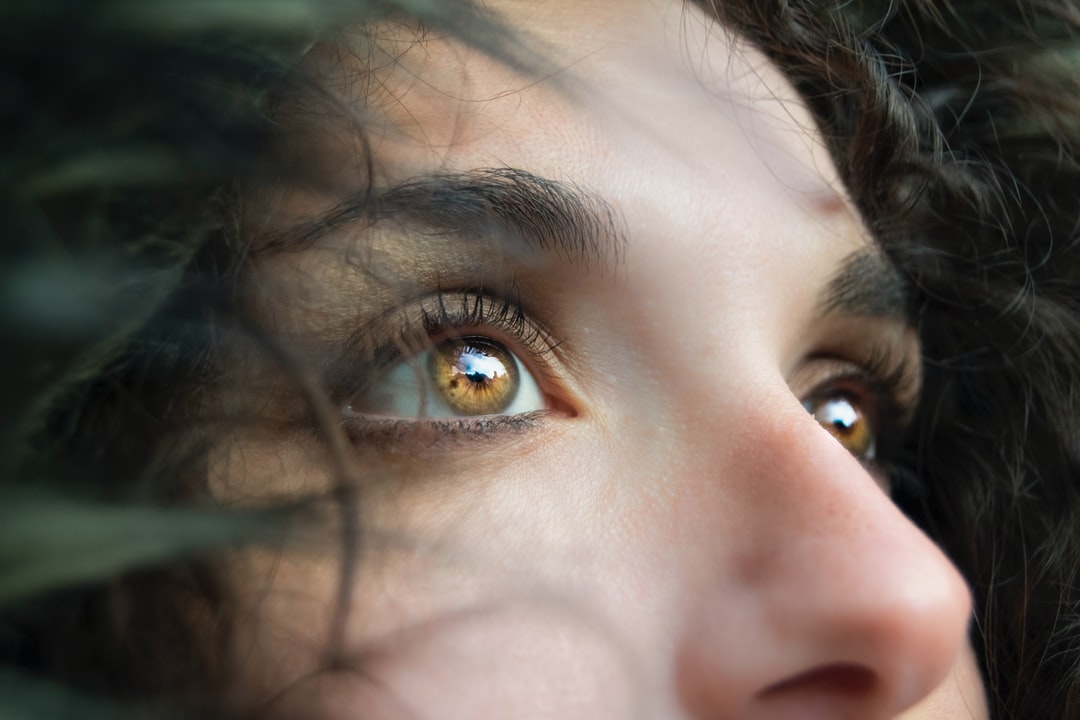What is Dry Eye?
Dry eye happens when you don’t produce enough tears to keep your eyes lubricated. It is a common condition that leads to damage and inflammation. Treating it may be as easy as avoiding situations that dry your tears. If that is not effective, you may have to seek other treatments.
Main Symptoms of Dry Eye
A host of symptoms tell you that you might have dry eye.
Dry eye symptoms include:
- Tearing
- Blurred vision that gets worse when reading (fluctuating vision)
- Stinging and burning
- Scratchy or gritty feeling
- Redness and irritation
- Strings of mucus around your eyes
- Pain when wearing contacts
These symptoms may mean you have dry eye or another condition that makes it hard for your eyes to produce enough tears to stay lubricated. You should avoid certain situations to see if your eyes clear up on their own. If they don’t, you should visit an eye specialist to help with your eye irritation.
Steps to Take to Avoid Dry Eye
Your environment can contribute to eye irritation without a chance for your natural lubrication methods to kick in. Avoiding these situations can help prevent dry eye. If you already have symptoms, change things to see if it makes them disappear.
Try not to let air conditioning blow directly on your face. It can quickly cause your eyes to dry up. Similarly, don’t stand or sit directly in front of a floor fan or table fan. If you need to cool down, close your eyes or turn your head, so the wind isn’t blowing directly into your eyes.
Ceiling fans are a great way to cool off and relax, but they can also contribute to dry eye. Try not to lay or sit directly under a ceiling fan, as the breeze can also dry out your eyes before they can adequately lubricate.
Wear a brimmed hat or sunglasses that fit properly when you are out on a windy day. Choose glasses that protect your eyes as much as possible, including around the sides where a breeze that otherwise feels good could be drying your eyes.
When To See a Specialist
Over-the-counter medications may work to treat your dry eye, but if it persists, you should see a specialist. A lack of improvement could mean that you have an underlying condition that needs specialized treatment. Conditions like blepharitis can lead to dry eye, and treating it can alleviate your symptoms. If you have blurred vision that doesn’t improve, you may have a condition called binocular vision dysfunction that also needs the attention of a specialist.
Get Help For Dry Eye and Other Vision Problems
If you cannot treat your dry eye at home or think you need an exam to figure out other vision problems, such as binocular vision dysfunction, reach out to The NeuroVisual Specialists of Florida. We can help with glasses that fit properly to avoid dry eye or diagnose other problems that lead to the condition.


